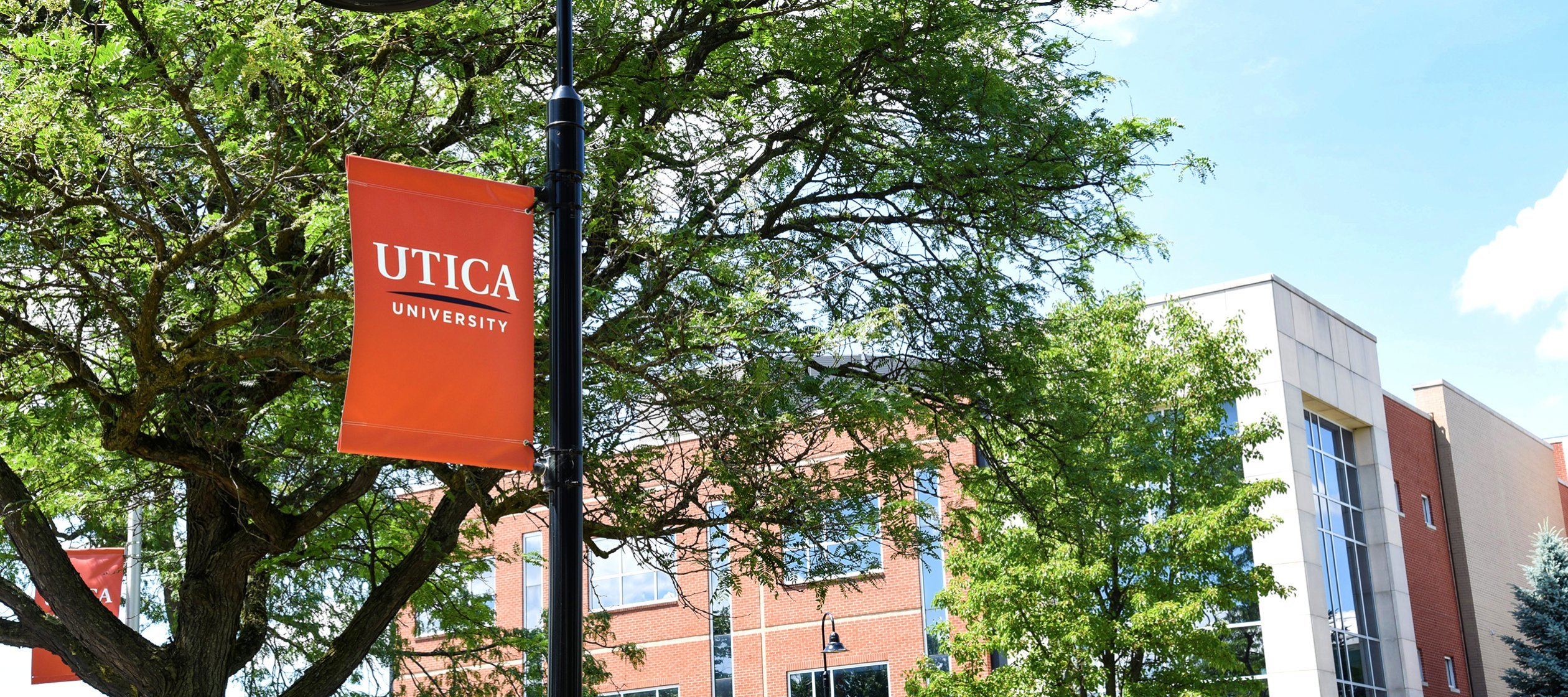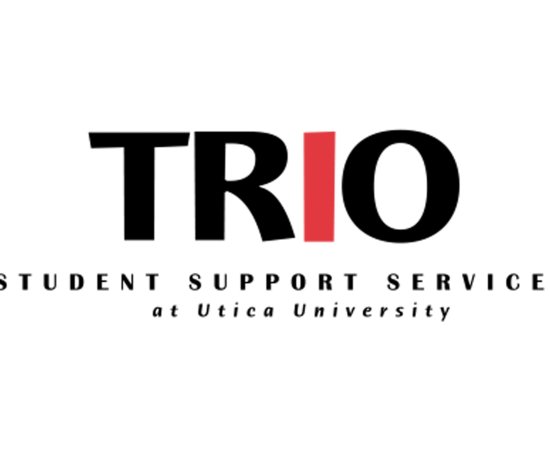Office of Advancement


Grants play an important role in advancing Utica University’s mission and educational priorities. The Grants Office oversees all activity related to grant-seeking at the University.
Grant awards may support a range of initiatives, such as new and innovative curricula; faculty and student research; the acquisition of new equipment; building renovation and capital improvements; scholarships; and projects that benefit the University and the community.
The Grants Office offers support to faculty and staff by helping to ensure that grant proposals are well planned, support the University’s educational mission, reflect a high standard of quality, and are consistent with granting agency and other applicable guidelines.
a.) If the project includes research and/or testing of human or animal subjects, contact the University’s Institutional Review Board (IRB) for additional review and approval.
b.) Requirements for matching funds or cost sharing, including in-kind contributions, must be approved in advance by the Department Chair, School Dean/Head of Administrative Division, as appropriate, and the Provost or his/her designee.
c.) Be sure to complete and sign the disclosure form to comply with Utica University's policy on Financial Conflicts of Interest for Externally Sponsored Projects.
Attach the disclosure form to the Utica University Grant Proposal Approval Form. This important step helps the University identify and manage, reduce, or eliminate conflicting financial interests in the design, conduct, or reporting of research or other projects funded by external sources. Be sure to read this policy.Fringe benefits:
If the grant request includes a salary, it is the University’s policy to include fringe benefits using the rate in effect at the time the proposal is submitted. Contact the grant officer to confirm the University’s current fringe benefit rate and how it should be applied.
Indirect costs:
Indirect or overhead costs are awarded to compensate the University for indirect, but real, operating expenditures, including heat, electricity, and other facilities and administrative costs. It is the University’s policy to recover the full amount of indirect costs allowable. The University periodically negotiates a federal indirect cost reimbursement rate with the U.S. Department of Health and Human Services. Contact the grant officer to verify the current rate and how it should be applied.
For other salary considerations that may apply to a grant-supported project, contact the Office of Academic Affairs for guidance.
The grant proposal may be submitted after all required materials have been received by the Grants Office and all grant maker guidelines have been addressed.
Institutional Name and Address:
Utica University
1600 Burrstone Road
Utica, NY 13502-4892
Fiscal Year:
June 1 through May 31
Employer ID Number (EIN):
16-1476258
Federal Employer Identification Number (taxpayer number):
16-1476258
DUNS Number:
135514685
NYS Charitable Organization Number:
20-92-11
Type: NFP
Category: Exempt
New York State SFS Vendor ID:
1000016044
Indirect Cost Rates:
40.7% on salaries, wages, fringe for work performed on campus
NSF Institutional ID Number:
0028837000
May be adapted to address the special needs of your proposal
Utica University is an independent, private, nonsectarian, comprehensive college located in the city of Utica, in the heart of central New York State. Accredited by the Commission on Higher Education of the Middle States Association of Colleges and Schools, Utica University offers many of the advantages of a large university, but with an intimacy, and a high degree of personal attention more closely associated with smaller private colleges.
Educational programs are delivered in three schools: Arts and Sciences; Health Professions and Education; and Business and Justice Studies. There are nearly 40 undergraduate programs and more than 20 graduate programs, which include master's degrees, doctoral programs, and graduate-level certificates. Several programs address emerging disciplines such as cybersecurity, economic crime, and areas of high need such as nursing and the health professions. Graduate degree programs include a doctor of physical therapy and masters of science degrees in financial crime and fraud management, in cybersecurity-intelligence and forensics, in professional accountancy, and in education.
Students hail from 45 states and territories and from 20 countries. Some 73 percent are from New York State; of that number, 46 percent come from the surrounding counties of Oneida, Herkimer and Madison, and much of New York State’s Mohawk Valley. Utica University’s Online School currently enrolls 1,700 students.
From our founding as Utica College in 1946 to meet the educational needs of returning World War II veterans, Utica University has educated generations of students, many of whom were the first in their family to attend college. Like their predecessors, more than 25 percent of Utica University undergraduates today are the first in their family to attend college. The University is proud of our record of making a college education possible for many, who otherwise, would not have considered attending college because of financial constraints. Today, more than 95 percent of full-time undergraduate students receive financial aid. Representing a broad diversity of ethnicities, backgrounds, perspectives, and experiences, more than 25 percent of our students identify themselves as multi-cultural or minorities.
As in 1946, students are attracted to Utica University’s integrated liberal and career education programs that offer promising career paths in many sectors of the economy. Recognized for the close, personal attention they give to students, our faculty help students define their educational goals and plan their future. Utica University employs 138 full-time faculty of whom 117 have earned their Ph.D. or the highest degree in their field. A small, personal environment and a student-to-faculty ratio of 12 to 1 helps reinforce a focus on student-centered teaching.
From its inception, Utica University has offered a robust cultural and learning environment that ensures opportunities for students to achieve both personal and professional success. The University’s tradition of collegiate athletics, which is growing in both importance and competitiveness, supports these aims. At Utica University, intercollegiate and intramural athletic programs are an integral part of the University’s culture. Utica University offers 23 Division III intercollegiate sports affiliated with the NCAA, Empire 8 Conference, and the Eastern College Athletic Conference (ECAC). Fully 32 percent of campus-based undergraduate students participate in intercollegiate sports while intramural activities attract almost 70 percent of students.
Represented by approximately 30,000 alumni worldwide, Utica University is a tax-exempt organization as described in section 501(c)(3) of the U.S. Internal Revenue Code. The University and the city of Utica are 50 miles east of Syracuse, NY and 90 miles west of Albany, NY. Utica is approximately five hours by car from New York City, Boston, Philadelphia, and Montreal.





For a general list of frequently used logins, you can also visit our logins page.